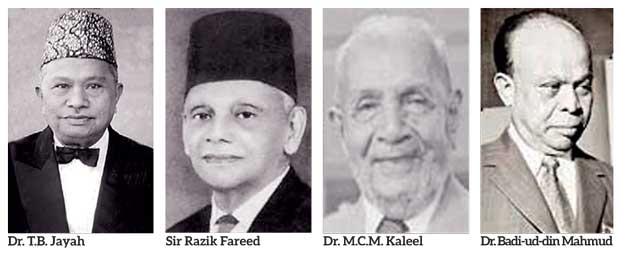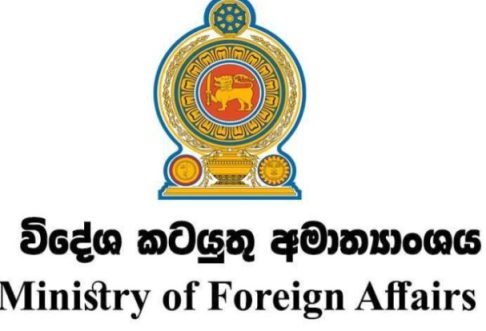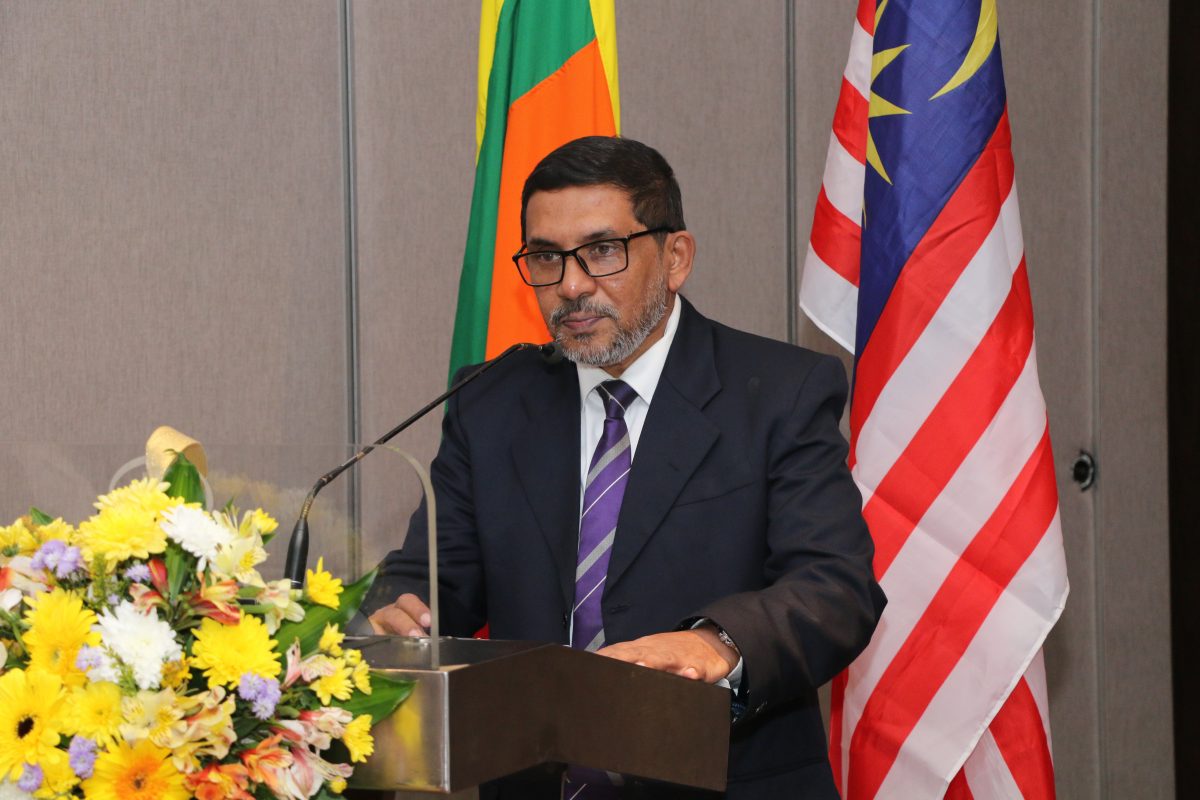 By Maria- Zain
By Maria- Zain
Finding Literary Inspiration from Muslims of the Past
A narrow definition of literacy is often seen as the ability to read and write. As long as a person is able to have basic reading skills and penmanship, he or she is considered as a literate. However, a broader definition of literacy encompasses a lot more.
The Muslim world should be well-acquainted with the concept of literacy as the fortress of the Muslim community came through their ability to read, study, fully comprehend the timeless textual content of the Qur’an, and relay the same to the next generation, to the extent that the Qur’an is the one only Holy Scripture preserved in its original form.
The power of literacy in the broad sense transcends to ability to read and write, but ignites a person’s capacity to put reading and writing into practical means.
Educator, Paulo Freire certainly broadened the concept of literacy by creating a paradigm shift of “reading the word and the world,” whereby economics, health, and sustainable development, falls under its purview. Literacy – as we know it from the Islamic perspective (as well as Freire’s) – is able to change and steer lives.
Unfortunately, in theory – while the Muslim ummah boasts of scholars of the past, including many iconic women who pioneered education for the masses – the Muslim world today still lags behind, even in the more narrow definition of literacy.
As a home-educator, reading and writing are the basic skills that I obviously coach my children with, and in turn, encourage them to understand all forms of written texts, for their own conceptualisation and long term survival. Even for the most “basic” home-educators, there is an “unofficial” consensus that parents need to have sturdy reading and comprehension skills in order to educate their children. Even more so, where the primary home-educator is the mother of the child(ren), literacy plans an even more important role amongst women (not as compared to men, but women on their own).
 Illiteracy, welfare, and development
Illiteracy, welfare, and development
On a grand scale, what are the statistics for illiteracy globally?
According to UNESCO, in conjunction with the International Literacy Day and 2014 UNESCO International Literacy Prizes Award Ceremony, nearly 17% of the world’s adult population is still not literate; two thirds of them women. This statistic alone is a real setback for society as a whole, as women have always played pivotal roles in educating the younger generation.
Predictably, due to this figure, the scale of illiteracy amongst youth also represents an enormous challenge. It is saddening to know that estimated 122 million youth globally are illiterate, of which young women represent 60.7%.
And again, the female population make up for two-thirds of those who are either unable to read or write (complete illiteracy), or are able to do so, but are unable to contextualize content to its functions (functional illiteracy).
The 67.4 million children who are out of school are likely to encounter great difficulties in the future, as deficient or non-existent basic education is the root cause of illiteracy and with 775 million adults lacking minimum literacy skills, global illiteracy continuous to be a problem that plagues society as a whole.
Complete illiteracy puts even the family unit at further risk, as reading a medicine prescription, a food label, or understanding a bank loan statement, may be completely futile, posing multiple dangers to less educated family units and their welfare. This type of scenario may be more prevalent in developing countries, but arguably, even in the developed world, functional illiteracy may also be at large, masked by the presence of technology and gadgets.
It is quite devastating to think of the widespread illiteracy in the Muslim world, especially amongst women and children, and it really is a representation of how far we have deviated from the Sunnah of seeking knowledge. Seeing as the first word revealed to our beloved Prophet Muhammad (PBUH) was to “Read,” we have lost the essence of wanting to put in all efforts to educate the masses, just by encouraging or creating a healthy environment to read.
Besides the likes of Malaysia and Algeria, where illiteracy is relatively low compared to other Muslim-populated nations, there is still a huge cost to combatting illiteracy in the same countries.
According to the World Literacy Foundation, the cost of illiteracy in billions in the Developed World, is just above USD800. No Muslim country falls into this category. While USD800 billion is a staggering figure, it is nothing compared to the cost of Developing Countries, which stands at over USD5,000 billion. Muslim countries that are included in this category include, Afghanistan, Bangladesh, Ethiopia, and Sudan.
On a positive note, the cost of illiteracy in emerging countries (inclusive of Muslim countries such as Egypt, Indonesia, Iran, Malaysia, Morocco, and Turkey), is recorded at USD381, significantly lower than the other two categories.
But this doesn’t mean that there isn’t room for improvement. There is a vast myriad of Muslim icons across Islamic history (from the time of Prophet Muhammad (PBUH)) and beyond, and it is worth to seek inspiration from all of them for the global ummah to move forwards.
 Iconic Muslims of literacy
Iconic Muslims of literacy
Zayd ibn Thabit (may Allah be pleased with him) was turned away from the Battle of Badr by the Prophet (PBUH) himself, due to his age – he was too young to fight in battle – but later on joined the Muslim army for later expeditions. However, it was also in this wisdom that he had a higher calling as his contribution to the developing ummah.
Zayd was honored with the role of writing down the Qur’anic verses during their revelation. This nurtured Zayd into an expert in the Qur'an, as he bound the different surahs into a single volume. While this was only done during the later caliphates, it was through Zayd’s experience and expertise that this could be done seamlessly without the guidance of Prophet Muhammad (PBUH).
Zayd ibn Thabit thus became one of the foremost authorities on the Quran, so much so that Umar ibn al-Khattab (may Allah be pleased with him) mentioned to whoever who wanted to ask about the Qur’an, should go to Zayd for clarification.
While Zayd was no stranger amongst the male reciters of the Qur’an, the female companions presented Umm Salamah, Hafsah binti Umar, and Aisha binti Abu Bakr, who were well versed with the entire scripture.
Another Hafsah – Hafsah binti Sereen – was also known as a prime authority of literacy. Hafsa was the freed slave of Anas ibn Malik and was known to have memorized the Holy Qur’an at a tender age of 12. Besides committing the entire scripture to heart, Hafsah, a lioness of the deen, was also a muhaddithah (narrator of ahadeeth); and a faqeehah (Islamic jurist). Imagine the amount of knowledge she carried around during her lifetime. As a beacon of Islamic knowledge, many of the sahabah came to her for consult, and until today, she is recognised as an authentic narrator of all authentic Hadith.
Another iconic companion, Abu ad-Dardaa’, was also known for his wealth of knowledge and steadfast piety. Due to his passion for the deen, he was determined to raise an orphan girl, known as Umm ad-Dardaa’, as a scholar of their times. Umm ad-Dardaa’ would accompany Abu ad-Dardaa’ to all circles of knowledge and worship, absorbing all the knowledge of the scholars before puberty. Later on, she would sit in the rows of women to continue her studies. All of this paid off, as she went on to teach in the Grand Mosque of Damascus, as an older woman.
What we know of the companions such as Zayd, Hafsah, and Umm ad-Dardaa’, (amongst others), is that they were well-exposed to literacy at a young and impressionable age when keenness to learn of their religion never wavered. They also had great mentors who were determined to keep the flames of knowledge alive.
Besides the vibrant scholarly community of women of the Prophet’s time, it is also known that the first university ever founded – the University of al-Qarawiyyin or al-Karaouine, located in Fes, Morocco – was founded by a Muslim woman by the name of Fatima al-Fihri in 859, with an associated school, or madrasah, which subsequently became one of the leading spiritual and educational centers of the historic Muslim world. The institution is also recognised by the Guinness Book of Records and UNESCO alike and was incorporated into Morocco's modern state university system in 1963, offering courses outside the realm of Islamic studies.
Another recently-known exemplary woman by the name of Umm as-Sa’ad, was born in 1925 and memorized the Qur’an by the age of 15. She became a mentor for Qur’anic recitation in her 20s, when it was found that she had the shortest chain of recitation to the Prophet Muhammad (saw). She went on to teach over 100,000 students of the Qur’an before recently passing away.
Using the past to move forwards
Education is the key to eradicating global poverty, and there needs to be initiatives rolled out by multiple bodies, governments, schools, as well as individuals. Cohesively, these initiatives need be positioned through an outreach that will benefit those who are in need. With an overwhelming cry to combat illiteracy, especially in developing countries, it also falls upon the Muslim communities to look into projects that will help alleviate this burden upon society.
Looking back and glorifying Muslim icons of the past bears no service to the Muslim community, but finding inspiration in the same, learning from their struggles, and embodying zeal and determination scholarly Muslims who left their legacies, will – and in turn, will benefit individuals, their families, and communities as a whole.
Source : http://www.onislam.net
Post Disclaimer | Support Us
Support Us
The sailanmuslim.com web site entirely supported by individual donors and well wishers. If you regularly visit this site and wish to show your appreciation, or if you wish to see further development of sailanmuslim.com, please donate us
IMPORTANT : All content hosted on sailanmuslim.com is solely for non-commercial purposes and with the permission of original copyright holders. Any other use of the hosted content, such as for financial gain, requires express approval from the copyright owners.
 Sri lanka Muslims Web Portal Sri Lanka Muslims News Center
Sri lanka Muslims Web Portal Sri Lanka Muslims News Center
 Donate
Donate


